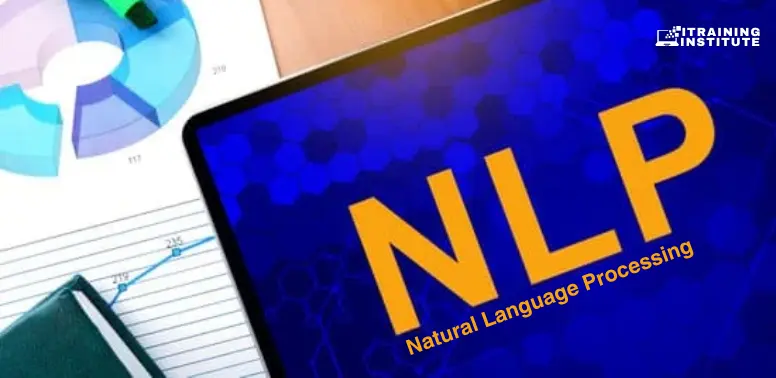
Certainly! Here's a revised description for the Natural Language Processing (NLP) course at iTraining Institute:
---
The Natural Language Processing (NLP) course at iTraining Institute is meticulously designed to immerse students in the field of computational linguistics, equipping them with the skills to process, analyze, and understand human language using advanced algorithms and techniques.
The course begins with an exploration of fundamental NLP concepts, including tokenization, stemming, lemmatization, and part-of-speech tagging. Students gain insights into syntactic and semantic analysis methods that form the backbone of language understanding in computational systems.
Key topics include machine learning approaches to NLP tasks such as text classification, named entity recognition (NER), sentiment analysis, and topic modeling. Practical sessions involve hands-on exercises and projects where students apply algorithms using popular Python libraries like NLTK, SpaCy, and TensorFlow.
Students delve into the development of practical NLP applications, including building language models, text summarization systems, and chatbots. Projects span from sentiment analysis of social media content to automated text generation and machine translation using state-of-the-art neural network models.
The curriculum places a strong emphasis on advanced NLP techniques such as deep learning architectures for sequence modeling tasks like language modeling and text generation. Students explore recent advancements in transformer models (e.g., BERT, GPT) and their applications in natural language understanding and generation.
Ethical considerations in NLP are also addressed, covering topics such as bias detection, fairness, and privacy implications associated with processing large-scale textual data.
Upon completion of the program, graduates emerge proficient in leveraging NLP tools and methodologies to tackle complex language processing challenges across various domains. Whether aspiring to specialize in AI research, data science, or software development, students are well-prepared to contribute to the forefront of language technology and data-driven decision-making.
In summary, the course blends theoretical foundations with practical, hands-on learning experiences, ensuring students not only grasp NLP principles comprehensively but also acquire the skills needed to innovate and excel in the evolving field of natural language processing.
